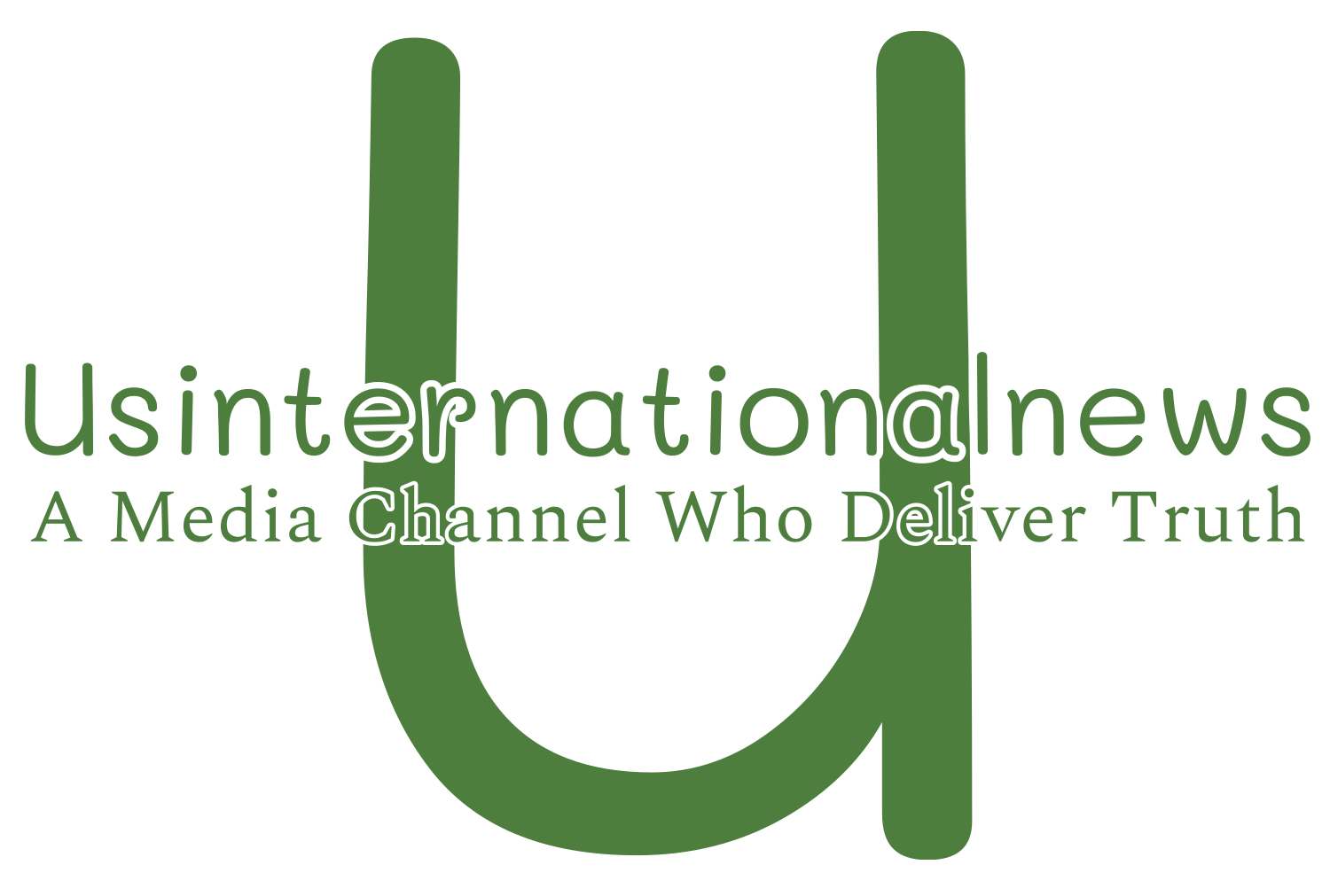After being imprisoned in Egypt for two months and witnessing friends and family members perish, Mohammed Kafarna talked to Al Jazeera.
“Hello, I’m Mohammed from the Kafarna family. I am a 24-year-old law graduate from Gaza’s Al-Azhar University. I reside in Beit Hanoon, close to the wall erected by the Israeli occupation as a kind of apartheid. I lost fifteen family members. I lost two buddies who were also my childhood friends.
Being 24 usually means going into the employment, starting graduate school, or relocating to a new city.
However, for Palestinian lawyer Mohammed Kafarna, who is stranded in Egypt, 24 means witnessing in silence while his friends and relatives in Gaza are massacred.
This is his account, as relayed to Al Jazeera via voice notes, SMS, and discussions.
October 3 — Egypt’s Cairo
Mohammed traveled to Egypt in early October in order to have eye surgery that was not available to him in Gaza. Despite not being on a vacation, he was determined to make the most of his trip and posted on social media about how he couldn’t wait to see the “beautiful places in Egypt” before returning home.
Mohammed can see, therefore he wears glasses. His laugh lines extend to their circular frames in pictures with his undergraduate companion Amjad al-Athamneh, who was later murdered in a bombing.
On October 7, Mohammed was one of several Palestinians receiving medical care in Egypt. Not a single person has returned to Gaza thus yet.
October 4th, Egypt’s Cairo
On October 4, Mohammed made light of the fact that he never got a picture taken of him by his traveling companions.
“The worst thing in life,” he remarked in jest. Like a lot of young people, he used to love posting silly photos of himself on social media.
The course his life would take was unpredictably unpredictable.
October 9: Cairo, Egypt, and the Jabalia Refugee Camp in Gaza
On October 9, as Mohammed’s cousin Suhail was sending money to Mohammed for surgery, the Jabalia refugee camp in Gaza was the target of an Israeli air strike.
There during the money exchange, Suhail was slain.
We have shared everything since we were little. I was unable to take the news. I spent three days in shock.
After Suhail’s death, Mohammed fell into an abyss that he referred to as his brother. He was unable to get out of bed.
Cut off from his family in Gaza, Mohammed had not yet undergone surgery and neglected his vision because he would not want anybody else to suffer the same fate as Suhail when it came to money transfers.
October 12: Cairo, Egypt; Beit Hanoun, Gaza
The Beit Hanoon home of Mohammed’s sister Maryam was attacked on October 12. Ali, her spouse, and his whole family were murdered.
Maryam, who was propelled 50 meters (164 feet) by the explosion’s power, and her two kids made it out alive.
Mohammed learned about his brother-in-law’s passing through a telegram that one of his acquaintances received from Gaza. He gave Mohammed comfort, telling him that his sister and nieces were still alive.
With a hollow voice, Mohammed stated, “After their home was bombed, they were displaced to the south of the Gaza Strip and were targeted again.”
Maryam was able to have a number of necessary procedures, but “the lack of medicines and treatment in Gaza” will force her to postpone part of the treatments she requires. Her daughter Sham’s left hand was broken, and her daughter Nihad sustained severe burns to her face.
Gaza’s hospitals are unable to provide care because they are so damaged and lacking in resources. Numerous have closed.
Mohammed was haunted by his sister’s and nieces’ misery while he was stuck in Egypt. Not only was he seeing his family’s suffering, but he also had to face the prospect of being the last one alive to remember them.
He wants the world to know about the hardships hospitals in Gaza have faced, including the necessity to do some procedures without anesthesia due to a lack of it. He then went online to share the horrors occurring in Gaza.
“We don’t want to pass away and be treated as insignificant numbers in history. Everybody has aspirations and futures that they have imagined.
The goal of his cousin Suhail was to accumulate enough cash to construct his own home.
October 23, Egypt’s Cairo
“I made contact with my mother today. She informed me they drank the tainted water after I was unable to get in touch with her for five days.
When his mother sobbed from starvation during the phone call, Mohammed felt completely powerless. Stuck in Cairo, how could he prevent his family from becoming hungry? He made a social media plea for assistance for his family from someone in Deir el-Balah.
Mohammed said, “I just need someone to help me.” “[My family’s] ability to make bread depends on gas.”
Palestinians in Gaza were compelled to ration food and drink poisonous water due to Israel’s embargo, which made living in what rights organizations have long referred to as a “open-air prison” worse.
Mohammed felt like hopelessness would engulf him. The innocent thousands of people have been abandoned by the world.
Mohammed declared, “Israel is engaging in ethnic cleansing and genocide.” “This has to stop…,”
October 25: Cairo, Egypt, and the southern Gaza Strip
Another buddy of Mohammed’s from university, Ahmed Musa Shabat, traveled to a bakery in southern Gaza on October 25 with the hopes of buying food for his family. They had just left Beit Hanoon and headed south.
Mohammed claims Victory Bakery supplied food to the entire area and feels that it was targeted, along with the bread buyers. They killed Ahmed and his cousin.
Even the southern regions, where the Israeli army had ordered inhabitants to evacuate, were the target of assaults. The massacre of those who fled south is still ongoing.
Mohammed said, “Everything was one shock after another for me,” a little awkwardly. His mental health had suffered from the sheer volume of deaths he had been exposed to in recent weeks.
Mohammed learned that his cousin Muhammad and his little son Bassem had perished in a blast on the same day that Ahmed was slain. Bassem lost his head.
Mohammed remarked, “His head is still under the rubble.”
October 29 — Egypt’s Cairo
Mohammed’s voice had become strained.
He had learned hours before that all of his buddy Ibrahim’s family had perished. Ibrahim had a brain injury that almost killed him, but he lived and is currently in critical condition in an intensive care unit.
October 30- Egypt’s Cairo
Mohammed had not yet undergone the eye operation, but all of his attention was now focused on Ibrahim, his friend, for whom he still has hope.
“Please, pray for Ibrahim,” Mohammed said. “And inform the world that there are still massacres occurring.”
He hopes to spread awareness of the dire circumstances in Gaza by making the most of his unexpected position as a Palestinian in Egypt.
He pleaded with everyone to bring attention to the abuses of human rights occurring in Gaza, Palestine.
“When are you going to put an end to these massacres?” Mohammed issued a challenge to the world community.
“Their missiles kill us, but your silence kills us more.”
November 26: Cairo, Egypt, and the southern Gaza Strip
It was the first time Mohammed had spoken to his mother in ten days.
His family did not know to pack clothes for the hard month that lied ahead when they left their house in early October. He mentioned that his little nieces were in the relocation camps, shivering in the rain.
Mohammed had been itching to see his mother and sister ever since he learned about the truce, but his mother forewarned him not to attempt crossing the border.
Mohammed was informed by her, “You’d just be a burden on us here.” “There’s no food, electricity, or clean water.”
We’ve experienced life after the war before, so she advised me to stick around and look for job so that I can support them once this hostility ends.
Mohammed described how his family slept in chilly houses without windows or doors, carried water more than 10 kilometers (6.2 miles) by hand, and went more than a year without power.
Mohammed claims that many displaced Palestinians in Cairo have hardships in making ends meet due to the hostility of Egyptian landlords toward them. After searching social media, he was able to secure lodging, but others were not as fortunate.
Those who escaped the Israeli air attacks have no income, even if those in Gaza were able to transfer money to their family outside. Mohammed’s family only had $150 with them when they fled the house, and it “ran out after the seventh day of the war.”
Mohammed briefly mentioned an old ambition of his to finish his legal education at Cairo University with a focus on international humanitarian law.
“I have dreamed of representing my nation and cause in international forums and presenting the truth about the Palestinian issue to the world since I was a young child.”
Mohammed claimed that Palestinians had aspirations and a love of life. “They want to live in harmony, free from violence, murder, and uprooting.”
However, Mohammed is becoming hopeless after seeing events in the past several weeks from a distance.
“It’s not what I had imagined as a child,” he declared.
“I feel that my legal degree will be destroyed. If we are unable to defend rights and laws, why should we study them? He made a helpless plea.
“If we cannot observe the efficacy of laws and agreements in Gaza, what is the use of adopting them?”
“Do the children of Gaza not deserve, along with the rest of the world, security and peace?”
SOURCE:-ALJAZEERA








